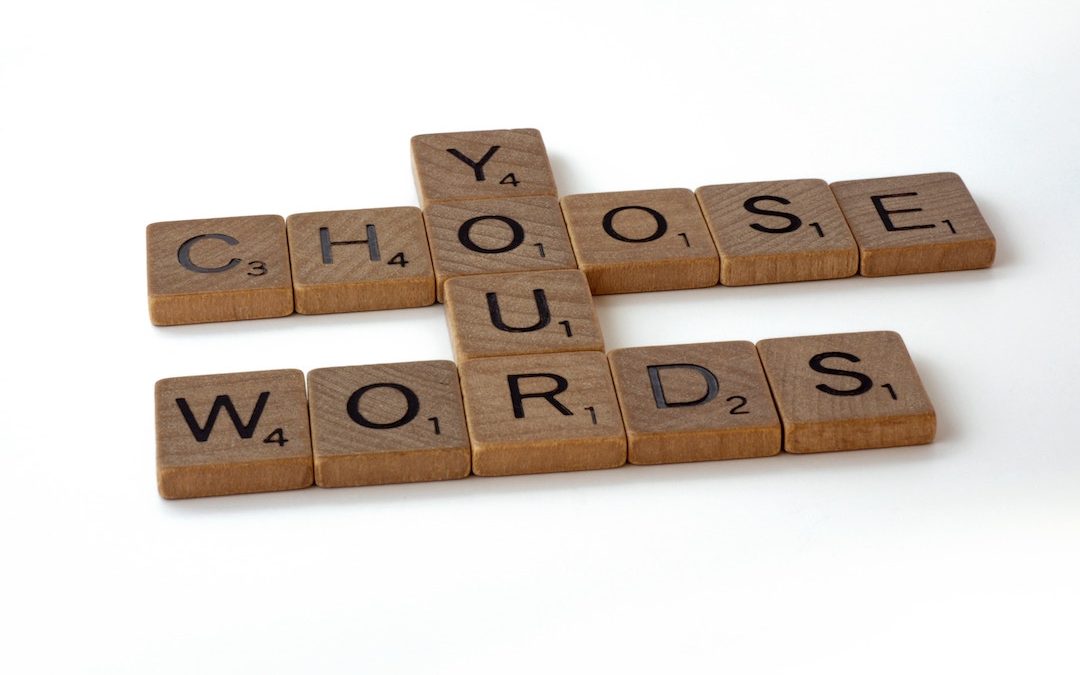Words have power. I know this as a writer. I know it, too, as a vulnerable, thinking, feeling person.
Words have stilled my pen—words that confuse, condemn, scratch fear down the length of my back. How is it that I can be, one day, so sure and the next so shaken by words?
The words followed me home. You write things that seem like you’re relying on your own power. You exalt yourself. You don’t have enough of the name of Jesus in your writing.
For a week I can’t write at all, the voices of my evangelical past rising from the oceans in which I cast them long ago when I was given a vision so sharp, so clear, I realized I didn’t need the approval—or understanding—of people anymore. I had a purpose, a plan, a talent that would be poured out on a world full of people in need of remembering who they are: significant, worthy, beloved.
All week I thought instead. I thought of all the people over the years who have tried to tell me who I need to be—some of them because I’m a woman, and in the evangelical church tradition in which I grew up that means I do not have authority to exercise my voice if it means I am placed in leadership over a man; some of them because I came from the wrong side of the tracks, so to speak; some of them merely because some enjoy presuming to know more about another’s life than the life-liver does.
I thought and thought and thought—about the man who said I’d never be a poet because he hated any poem that mentioned religion (or so I’d presumed my sophomore year of college; my ego could not construct another explanation at the time); the best friend who betrayed me and later told me it was because she didn’t want people to think I was perfect, oh, and also I was marrying the wrong person (I’ve been married to the “wrong” person for fifteen years and counting); the college advisor who told me I should choose a major besides “English with an emphasis on creative writing and Shakespeare studies” because what were the odds I’d find a viable job with a specialty like that and how many writers actually made a living off their writing—but hey, journalists did!; the pastor who told my husband he could not serve as a worship pastor at his church if I were a singer on the team because his church was the big leagues and I didn’t make the cut.
People have been trying to tell me what I’m supposed to do with my life for most of my life. Be a journalist—you have the writing chops. Serve the children’s ministry—you certainly have enough children. Speak more of Jesus’s name in your writings—it’s your purpose and mandate, right here in this Bible you claim to follow.
What people who presume to know what I am supposed to do with my life and my work and my family and my self always seem to forget about me is that I have never operated out of a deficiency of vision or purpose. I have known, for a very long time, what I am supposed to do and how I am supposed to do it. I don’t always get it right, of course, because I am not perfect, but I do always try to err on the side of love, least harm, most tikkun olam—the restoration of what has been broken.
We don’t all have the same vision, the same purpose; we are very different people, all of us needed in our different ways. We share some edges of purpose—to love, to shine light and hope into darkness and despair, to leave the world better and more just than it was before—but the specifics of our purpose are as different as we are. It would be a boring world, I think, if that were not true. As I use my pointed poetry to illuminate injustice, so another uses an allegorical story to address discrimination. As one uses dance to remind an audience there is beauty in the world, so another uses documentary photography. As one uses melody to sing a song of love, so another uses art to flood the senses with truth, which leads to understanding, which leads to worth and significance. Who can say that one is better than the other?
Some will, in fact, say one is better than the other.
I lost a week of writing because I am only human, because though I try to convince myself that I don’t care what other people think, that I only care about my mission and purpose, which I believe was given to me by God but which others might dismiss as anything but, I always find, at times like this, that I do care. But I also know that what comes between me and my vision and purpose—to love others as wholly as I can, to remind them who they are, to restore what has been broken in the hearts and lives of real, breathing people—deserves no place of power in my field of vision.
So I cast it away.
Tonight, for the first time in seven days—longer than I think I have ever gone without writing—I pick up my pen, the scratching sounds filling my silent bedroom like a sudden rush of water.
Beside me, I see the ghost of a smile graze the corners of my husband’s lips.
(Photo by Brett Jordan on Unsplash)


